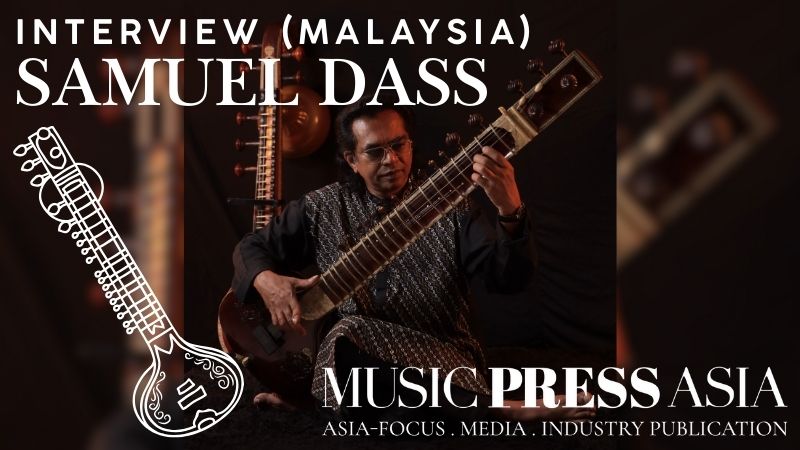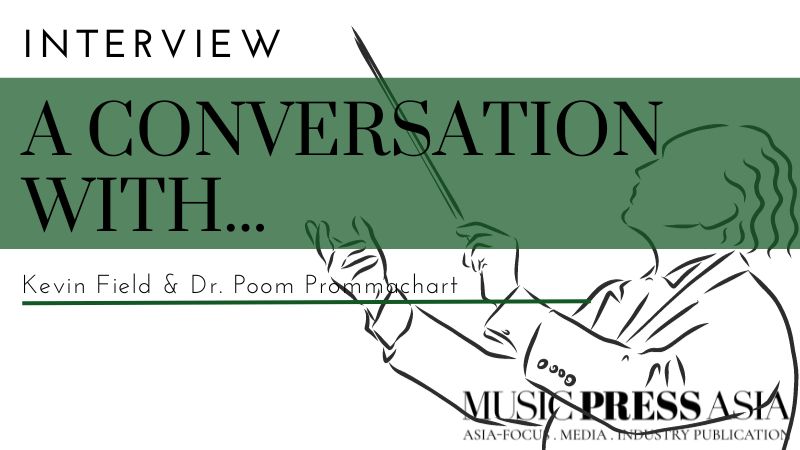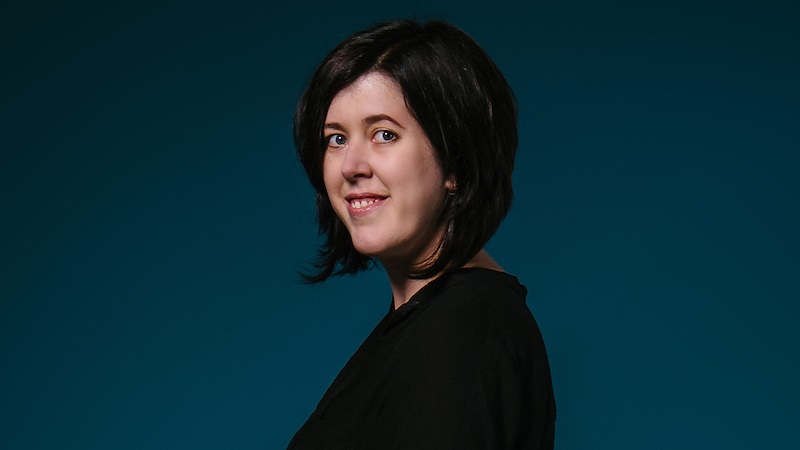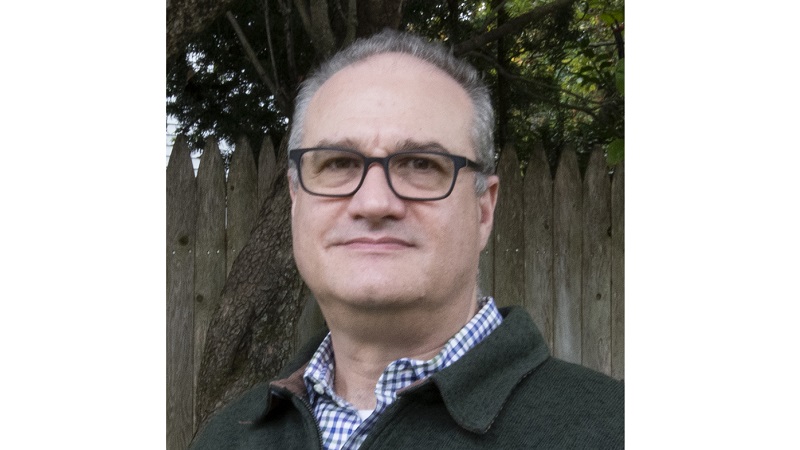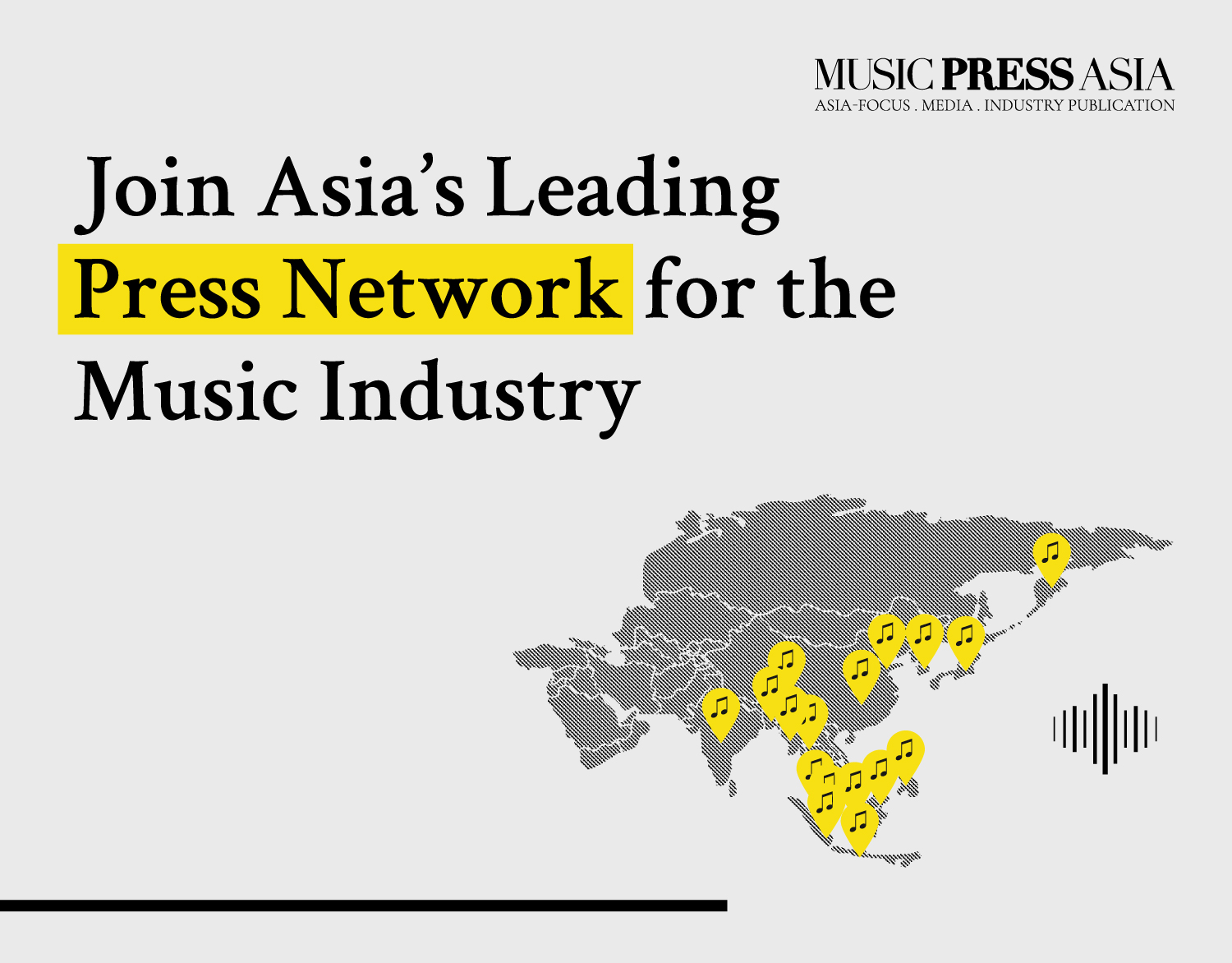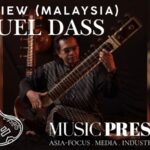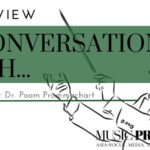Behind the Making of Music Press Asia with Monica Tong
Music, identity, and storytelling: How Monica Tong built Music Press Asia to champion Southeast Asia’s creative future.
Music, identity, and storytelling: How Monica Tong built Music Press Asia to champion Southeast Asia’s creative future.
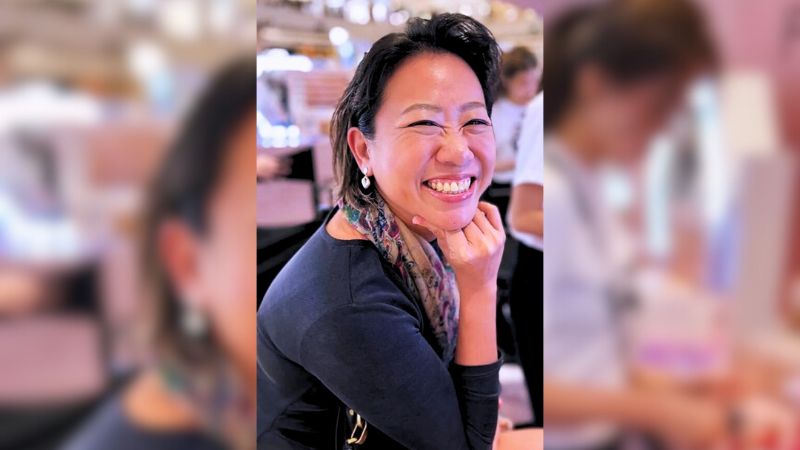
On a humid evening in Kuala Lumpur, while the city thrums with its usual blend of traffic noise and late-night chatter, Monica Tong is already at her desk, sifting through a draft story submitted by a young contributor from Manila. On her screen are fragments of Southeast Asia’s music life — an indie festival in Bangkok, a contemporary art showcase in Jakarta, a new jazz collective in Ho Chi Minh City. For most, these stories might appear disconnected. But for Tong, the editor-in-chief of Music Press Asia, they are threads of a larger tapestry: the emergence of ASEAN as one of the world’s most vibrant cultural regions.
For over a decade, Monica has been documenting these shifts with the precision of a journalist and the passion of a cultural archivist. Since founding Music Press Asia, she has shaped it into more than just a news platform; it has become a meeting ground for musicians, artists, curators, and thinkers across Southeast Asia. Under her leadership, the platform has championed not only music, but also the arts and cultural narratives that often fall outside mainstream media’s gaze.

Her journey, however, did not begin with grand visions of reshaping regional discourse. It began with a simple question: Why are the stories of Southeast Asia’s artists not being told with the depth and seriousness they deserve? That question has guided her editorial compass ever since. And today, as ASEAN continues to redefine itself on the global stage, Monica Tong stands at the intersection — chronicling its growth, amplifying its voices, and advocating for its rightful place in the international cultural conversation.
II. Early Beginnings & Background
Monica Tong’s journey into music and culture began in Ipoh, a town in transition. Once famed for its tin mining, Ipoh was reinventing itself into a bustling modern city by the late 20th century. Amid this changing landscape, Monica’s childhood was filled with sound — from the hum of church choirs to the cassettes spinning in her father’s prized CD player. At the age of seven, she began piano lessons. By conventional standards, this was considered late to pick up the instrument. Yet, for Monica, it was not a handicap but an opening. She learned quickly, motivated less by competition than by the sheer wonder of producing melody from black-and-white keys.
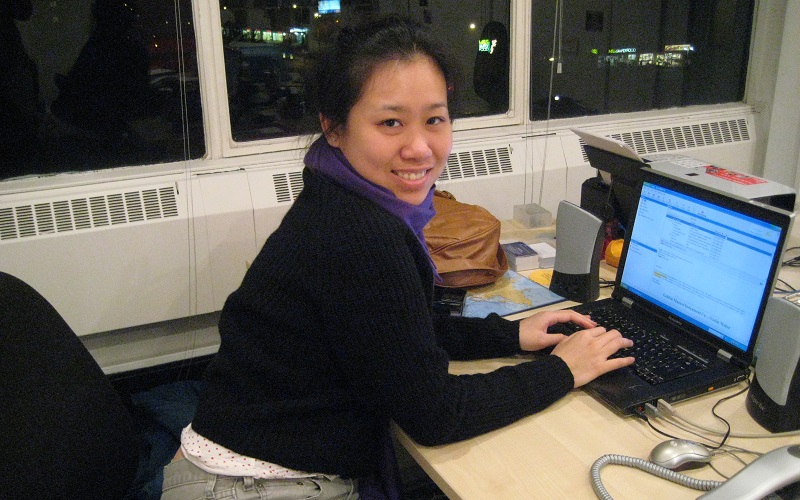
Music soon seeped into every aspect of her life. At church, she sang in the choir and played piano for both services and the youth rock band. At school, she balanced roles as choir member and official pianist. These experiences taught her that music was not only about technique; it was about connection, about giving rhythm to community life. At home, her father’s insistence on building a massive CD library fed her curiosity further. She grew up listening to Teresa Teng, Christian music in both Mandarin and English, as well as soundtracks from Disney films and Hollywood children’s movies borrowed from the local rental shop. For Monica, each recording was a window into a larger cultural world.
At fourteen, she picked up the violin — first under a Chinese orchestra conductor, who grounded her in discipline and tradition, and later with a Russian tutor who brought Western precision and technique. Between these influences, Monica gained a unique perspective: that music could be both heritage and innovation, both local and global. Determined to pursue mastery, she often travelled alone from Ipoh to Kuala Lumpur with her violin in tow. Taking the long bus ride, alighting at the bustling Puduraya terminal, and navigating her way to her tutor’s studio became a ritual of perseverance. Each trip reflected her growing conviction: she was not content to be just a musician.
Her interests soon expanded beyond performance into the production of live musical events. During school breaks, she seized opportunities to intern with creative producers, gaining hands-on experience behind the scenes. She helped mount Puccini’s opera at Istana Budaya, assisted in touring a Chinese acrobatic troupe across Malaysia, and hosted the American Boys Choir. These experiences revealed to her the immense collaborative effort behind cultural productions and deepened her understanding of how art comes alive on stage.
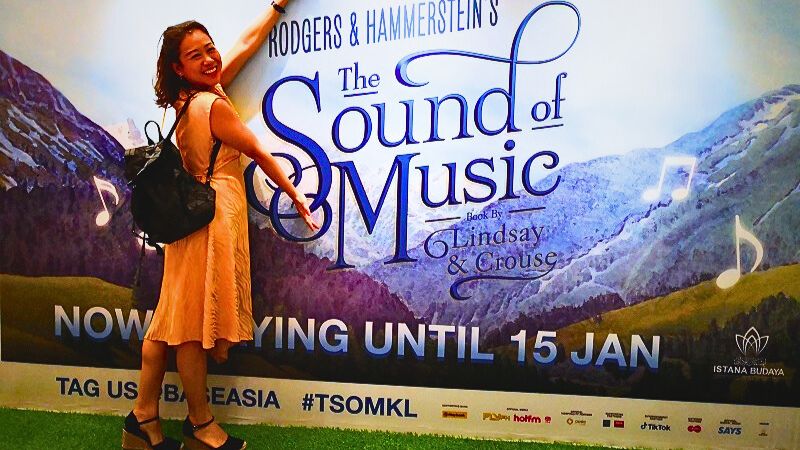
This trajectory led Monica to Middlesex University London, where she graduated with honours in Music & Arts Management. Immersed in London’s eclectic cultural scene, and traveling across Europe, she absorbed new perspectives on art and identity. Yet, it was in the very act of describing her Malaysian roots to others — her languages, her heritage, her multiethnic upbringing — that she began to reflect deeply on her own identity. Living abroad clarified what she carried within: a proud and layered cultural background that was as Malaysian as it was cosmopolitan.
Speaking Cantonese, Mandarin, Bahasa Malaysia, and English, Monica inhabited worlds that overlapped and intersected. Her time in the UK did not dilute her roots; instead, it sharpened them. It gave her the language and context to articulate why Southeast Asia’s stories — its music, arts, and cultural expressions — mattered. These formative experiences would later form the bedrock of what would become Music Press Asia: a platform born out of both global awareness and a deep connection to her own heritage.
III. The Birth of Music Press Asia
When Monica returned to Asia after nearly a decade in the UK and Germany, she found herself in a period of disorientation. Immersed for years in Europe’s cultural capitals, where art and music seemed inseparable from daily life, she now faced an uneasy question: Where does my career fit within Asia’s music ecosystem? Opportunities in music appeared scarce and fragmented. The industry, particularly in Southeast Asia, lacked the infrastructure and networks that she had seen flourishing abroad.
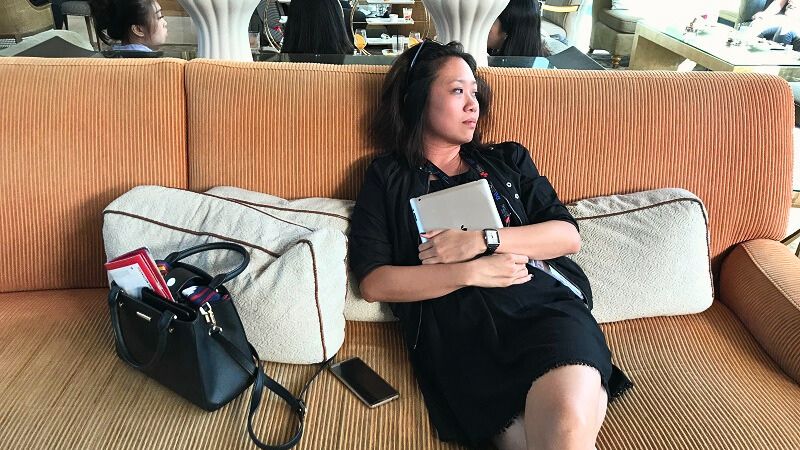
What began as a personal exercise to regain clarity soon evolved into something larger. At her lowest point, uncertain about her next move, Monica started collecting articles, festival announcements, and music industry updates from across Asia. It was less a business idea than a coping mechanism — a way to stay connected to the world of music while she figured out her future. She did not know it at the time, but this small act of archiving was the seed of Music Press Asia.
Her love for both words and music found an unexpected amalgamation in this process. The discipline of writing, documenting, and curating news became a form of survival, even therapy. At first, it was a personal archive to help her decide which music brands she might approach with her résumé. Yet, as the collection grew, she realized she was building something the industry itself desperately needed: a central place where Asia’s music news and cultural developments could be seen, read, and connected.
Early days as a music journalist in 2017, Monica Tong is seen here interviewing Takako Fujiyama, Sales for Asia-Pacific of Pioneer DJ at IMS.
A brief stint in Singapore gave her further direction. Tasked with setting up a new editorial music department at a media company, she gained practical experience in shaping coverage, managing content, and understanding how editorial structures could support cultural storytelling. But even that role felt temporary — another stepping stone rather than a destination. When the opportunity ended, Monica decided to take what she had learned and apply it on her own terms.
In her mind, the project was still provisional, even fragile. She believed that only someone who had lived the life of a musician could hold the pen of a music editorial platform with authenticity. Still, she expected it would last only until the “next music job” came along. But what she began in a moment of depression and uncertainty gradually revealed itself as a vision. Music Press Asia was born not from certainty, but from persistence — an accidental platform that, over time, transformed into a vital voice for Asia’s creative industries.
IV. Why ASEAN? The Regional Lens
For Monica, the choice to focus Music Press Asia on ASEAN was never just a strategic editorial decision; it was also deeply personal. As a Malaysian, she saw herself as part of a region often overlooked in global conversations about music and culture. Malaysia sits at the heart of the ASEAN “cake” — a Southeast Asian nation defined by its plurality of languages, religions, and traditions. To Monica, that made her, by default, an ambassador of sorts: someone tasked with representing a region whose creative life was far richer than outsiders, and even locals, often imagined.
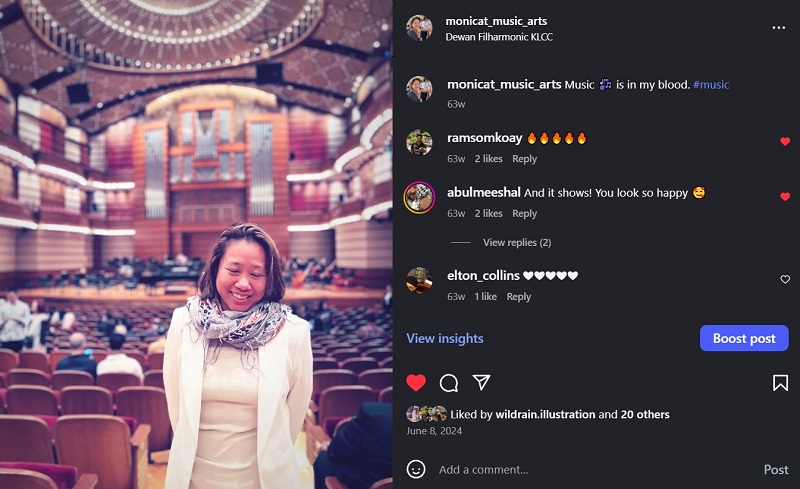
From her years in London and Germany, Monica understood how polished, structured, and well-funded Western cultural industries could be. The West End theatres, the classical music halls, the commercial machinery of Hollywood — all presented themselves with authority, confidence, and reach. In contrast, the creative ecosystem of Southeast Asia seemed fragmented, inconsistent, and often invisible to international eyes. Yet Monica knew that the problem was not an absence of vibrancy, but an absence of storytelling.
In her view, Southeast Asia’s music and creative world was far from perfect, but it was brimming with undiscovered stories — stories that had simply not been told with the seriousness, depth, and artistry they deserved. She was convinced that the lack of global interest in ASEAN’s cultural scene had less to do with quality and more to do with how those narratives were presented. Too often, local traditions and contemporary creativity were dismissed as parochial or niche. Monica wanted to prove otherwise.
Her conviction was shaped by experiences both intimate and wide-ranging. She had seen for herself how a beautifully made documentary on Discovery Asia could spotlight heritage with dignity and power. She had attended music festivals across the region, where musicians blended traditional instruments with contemporary sounds in ways that rivaled the innovation of any Western stage. She had witnessed cultural shows during Malaysia’s festive seasons — Chinese New Year, Thaipusam, Ramadan — where performance was not just art, but ritual, memory, and community. She had tasted the diversity of food, each dish a story of migration and identity. And she had observed how many Asians, in their quiet humility, often failed to see the richness of their own culture.

It dawned on her that the challenge was not whether ASEAN had culture worth sharing. It was that modern Asians themselves had not been told these stories in ways that could spark pride and belonging. Too often, they looked Westward, convinced that the cultural grass was greener on the other side. For Monica, this realization became a turning point. She believed that with the right platform, and with storytelling that treated Southeast Asia’s music and arts with the seriousness it deserved, pride in ASEAN’s cultural identity could grow — both within the region and on the global stage.
This belief became a cornerstone of Music Press Asia. By choosing to focus on ASEAN, Monica was not narrowing the scope; she was sharpening the lens. It was her way of saying: our stories matter, and they deserve to be told with the same care and conviction as any global cultural narrative.
V. Championing Music, Arts & Culture
At the heart of Monica Tong’s editorial philosophy is a belief that music is more than sound; it is philosophy, language, and identity. Having lived and worked across Asia and Europe, she has come to see that the most powerful cultural narratives arise when East and West meet not as rivals, but as mirrors.
More reading: A Night Steeped in Malaysia Heritage, authored by Monica Tong
Asian philosophies — whether the Confucian ideals of harmony, the Buddhist pursuit of balance, or the Islamic principle of community — often emphasize collective well-being and subtlety. They see art and music not as individual expression alone, but as something that reflects and sustains the wider community. In contrast, Western philosophies have long valorized the individual artist, the genius, the rebel who bends tradition to forge new paths. Neither approach is superior; instead, Monica believes their interplay creates a fascinating tension: a dialogue that mirrors the very global age we live in.
To her, music embodies this dialogue perfectly. A gamelan performance in Java, with its cyclical rhythms and communal structure, is a lived expression of harmony and interdependence. A Beethoven symphony, bold and heroic, speaks to the Western narrative of the individual confronting destiny. A jazz improvisation or a modern electronic remix fuses both traditions — collective rules meeting personal freedom. Monica argues that when we approach music philosophically, we begin to see these not as mere stylistic differences, but as reflections of how societies understand themselves.
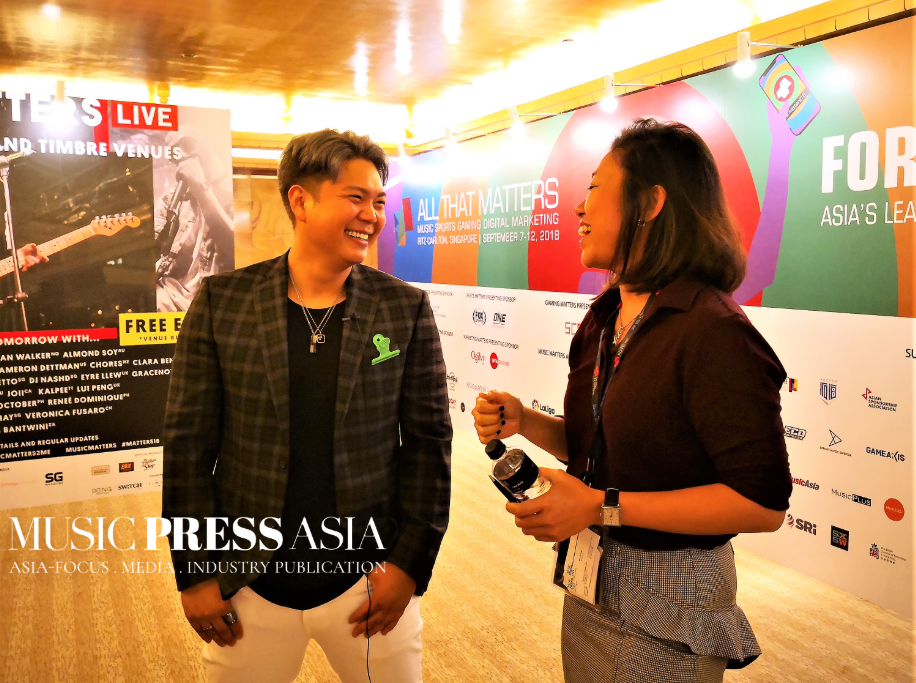
This perspective is what she brings to Music Press Asia. The platform does not limit itself to concert reviews or industry reports; instead, it examines the “why” beneath the “what.” Why do certain musical traditions endure? Why do younger generations gravitate toward hybrid genres? Why is cultural pride or indifference expressed through music? For Monica, music journalism must ask not just what people are listening to, but what this music says about who we are as a society.
That’s why Music Press Asia has expanded naturally into arts and culture. Music does not exist in isolation — it is entangled with literature, theatre, visual arts, and everyday rituals. For Monica, championing music means championing the ecosystem that nourishes it. An exhibition of contemporary calligraphy, a festival of indigenous dance, a new indie film — all, to her, are part of the same cultural story. By documenting and analyzing them side by side, Music Press Asia positions itself not just as a trade journal, but as a cultural archive.
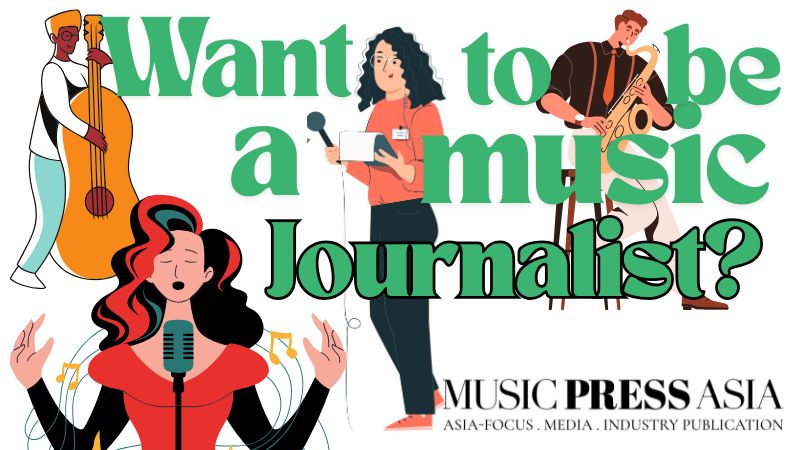
Ultimately, Monica’s philosophy is simple but profound: music is humanity’s universal philosophy, a way of perceiving ourselves and each other. Whether rooted in Asian traditions of harmony or Western ideals of individuality, music offers a mirror — and Monica is determined to ensure that ASEAN’s reflection is seen clearly, proudly, and globally.
VI. The Role of Journalism in a Changing Industry
The music industry is not static. In Southeast Asia, it is particularly dynamic — driven by technology, shifting consumer tastes, global streaming platforms, and the cultural revival of local traditions. Amidst these rapid transformations, journalism plays a crucial role in giving structure and meaning to what might otherwise be a chaotic landscape. Monica Tong, through Music Press Asia, embodies this role with intentionality.
Journalism as Cultural Archivist
At a time when music consumption is increasingly digital and ephemeral, journalism becomes an act of archiving. News articles, interviews, and critical features not only document the “now,” but also preserve cultural memory for the future. In Monica’s eyes, every piece written about an artist, festival, or cultural practice becomes part of a larger historical record. She views Music Press Asia as a living archive, safeguarding Asia’s music stories before they are lost in the endless churn of digital trends.
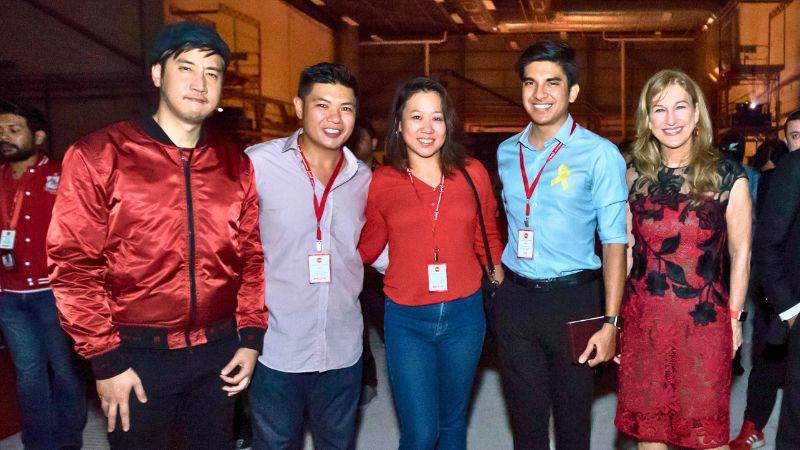
Journalism as Storyteller and Interpreter
Music, as Monica often explains, does not exist in isolation. It is shaped by economics, politics, language, and tradition. Journalism’s role is not merely to announce an album release, but to contextualize it — to explain why a new jazz festival in Jakarta matters, or how an indigenous instrument revived in Borneo reflects broader movements of cultural preservation. This interpretive function helps audiences — both local and global — to see the deeper connections between music and society.
Journalism as Connector
In the ASEAN region, fragmented by geography, language, and markets, journalism serves as a connector. A Filipino indie band may never hear of a Thai electronic producer, and a Malaysian festival organizer may not know how to reach audiences in Singapore. Music Press Asia functions as a bridge: by publishing stories across borders, it links communities that might otherwise remain isolated. Monica sees this connectivity as journalism’s hidden power — the ability to spark networks and collaborations through the act of storytelling.
More reading: A Day with Artificial Intelligence, authored by Monica Tong
Journalism as Advocate
Unlike the music journalism she witnessed in Europe, which often takes an industry-heavy or critic-driven approach, Monica believes journalism in Asia must also serve as an advocate. Not by compromising objectivity, but by deliberately choosing to give space to voices that are overlooked. In a region where cultural funding is limited and mainstream media often prioritizes Western acts, independent journalists have the responsibility to shine a light on what might otherwise remain in the shadows. In this sense, Music Press Asia acts both as a media outlet and as an amplifier of cultural equity.
Journalism in the Digital Age
The digital transformation of the music industry has also reshaped journalism itself. With AI-driven recommendation systems and algorithmic feeds dictating what people listen to, the role of human-led curation and critical writing is more important than ever. Monica is deeply aware of this: while algorithms can deliver songs, they cannot deliver meaning. Meaning requires context, history, and emotional resonance — things only humans can provide. This is why Music Press Asia continues to prioritize in-depth features, expert interviews, and longform narratives, rather than chasing viral snippets alone.

For Monica, journalism is not just about reporting on the music industry — it is about participating in its evolution. By documenting, interpreting, connecting, advocating, and curating meaning, journalism becomes an active player in shaping how music is perceived, valued, and carried forward into the future.
VII. Behind the Editor’s Desk
While Music Press Asia has grown into a recognizable name in Southeast Asia’s cultural journalism, much of its identity remains tied to Monica Tong’s personal philosophy and day-to-day approach. What happens behind the editor’s desk reveals as much about the publication as the stories it publishes.
The Curatorial Eye
Monica often describes herself not simply as an editor, but as a curator. Each story is chosen with an eye toward balance: between the mainstream and the marginal, between the commercial and the traditional, between Asia and the world. Her editorial decisions are rarely about “what will get the most clicks,” but about “what will matter five years from now.” This approach distinguishes Music Press Asia from platforms that chase headlines without building a cultural legacy.
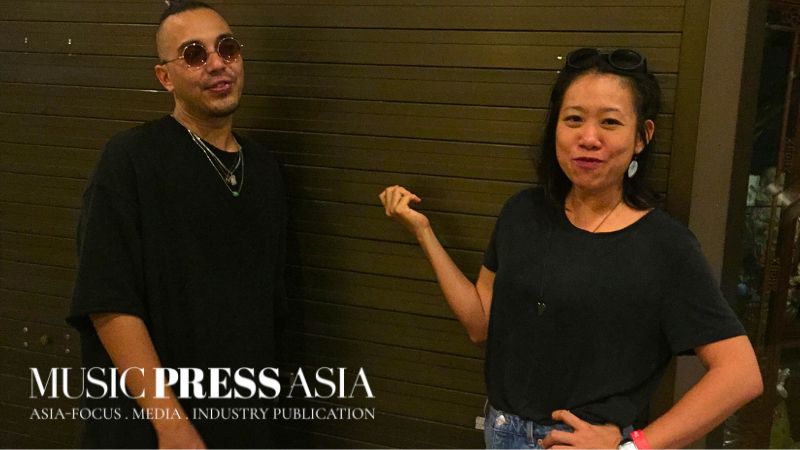
Her curatorial instinct has proven prescient on more than one occasion. Long before the global media began hailing Yuja Wang as a piano genius redefining classical performance, Monica had already identified her as the artist who could elevate Asia onto the world stage — the way Michelle Yeoh’s global recognition redefined what was possible for Asian representation in cinema. Similarly, just under five years ago, Music Press Asia ran a feature on Laufey, then a little-known Irish Chinese singer-songwriter whose jazz-inflected sound was only beginning to ripple across niche audiences. Monica “just knew” that Laufey would go big — and today, the artist’s meteoric rise confirms the value of spotting potential before the world catches on.
For Monica, this kind of cultural foresight is not about predicting fame for its own sake. It is about identifying stories and artists who carry the weight of cultural transformation — the ones who, through their craft, expand the possibilities for how Asia is seen and heard globally.
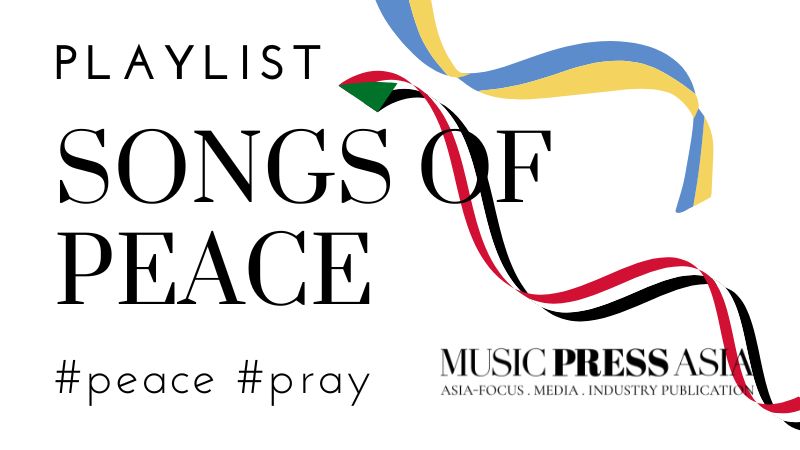
Navigating Constraints
Running a niche publication in Asia is not without its challenges. Monica balances the limited resources of a small team with the ambitious goal of covering an entire continent’s worth of music and cultural activity. This often means long hours of research, building relationships across time zones, and managing the delicate work of translating regional stories for an international readership. She has spoken candidly about the emotional weight of these challenges: the solitude of independent journalism, the uncertainty of revenue streams, and the persistent need to prove that Asian stories are “worth telling” on a global stage.
Balancing Identities
Behind her role as editor-in-chief is a constant negotiation of identities: Malaysian, Asian, global citizen, musician, writer, advocate. Monica admits that this multiplicity sometimes feels overwhelming, but it also fuels her perspective. It allows her to edit stories not just as an industry professional, but also as a musician who understands performance, as a cultural insider who has lived the traditions she writes about, and as a cosmopolitan thinker who can translate those stories for wider audiences.
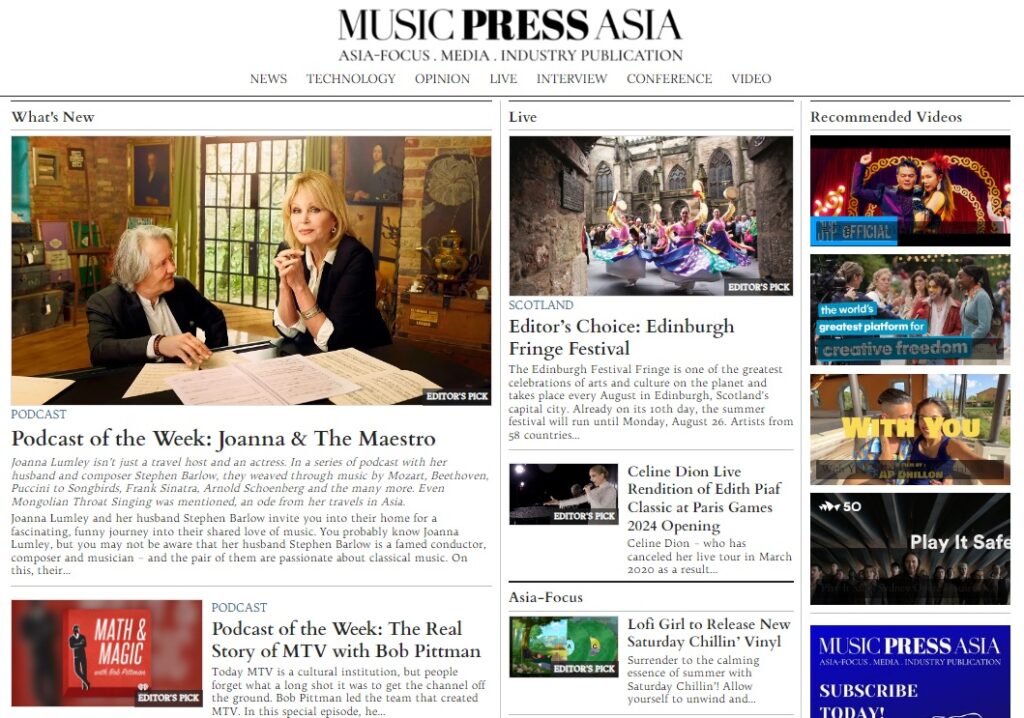
A Human Touch
Despite the serious work of journalism, Monica insists on maintaining warmth and empathy in her editorial process. Contributors often note her detailed feedback, encouragement, and willingness to nurture young writers. Artists appreciate her ability to listen deeply before penning an article. In her view, journalism is a relationship-driven craft, not a transactional one. The editor’s desk, therefore, becomes not just a workplace, but a hub for cultural dialogue.
VIII. Closing Reflections
Looking back, Monica Tong’s journey from a young girl in Ipoh taking the bus with her violin to London, and later founding Music Press Asia, reflects both personal resilience and a wider cultural mission. What began as a personal project to collect music stories during a period of career uncertainty has evolved into a platform that amplifies Southeast Asia’s creative voices.
Her reflections are deeply philosophical: journalism, she believes, is not merely about information, but about identity. To write about music is to write about who we are — our histories, our struggles, our celebrations, and our hopes. For Monica, music journalism in Asia is about reclaiming narratives that were too often overshadowed by Western dominance, and about giving Asian audiences reasons to take pride in their cultural wealth.

At the same time, she is pragmatic. She knows the challenges: limited funding, fragmented industries, audiences conditioned to look outward rather than inward. Yet, she sees optimism in every untold story, every artist who dares to blend traditional and modern influences, every festival that gathers communities across borders.
As the editor-in-chief of Music Press Asia, Monica is not merely documenting a changing music landscape — she is shaping how it is remembered, celebrated, and carried forward. Her personal journey, interwoven with her professional mission, reminds us that music is not just entertainment. It is philosophy, identity, connection, and survival.
And so, her work closes with an invitation rather than a conclusion: for artists, readers, and audiences to engage, to take pride, and to join in the collective act of storytelling. Because in the end, Asia’s music and culture will not thrive on algorithms alone — it will thrive on the stories we choose to tell, and the voices we choose to amplify.
Beyond the world of music, Monica finds joy in landscape design and gardening. Through her Malaysia-based venture, The Wild Gardener, she offers garden design and maintenance services. For her, it is more than a hobby — it is a way of reconnecting with the tropical warmth of Malaysia that she cherishes deeply. [Facebook: @wildgardenerpenang]
Follow Monica Tong on Instagram at @monicat_music_arts

